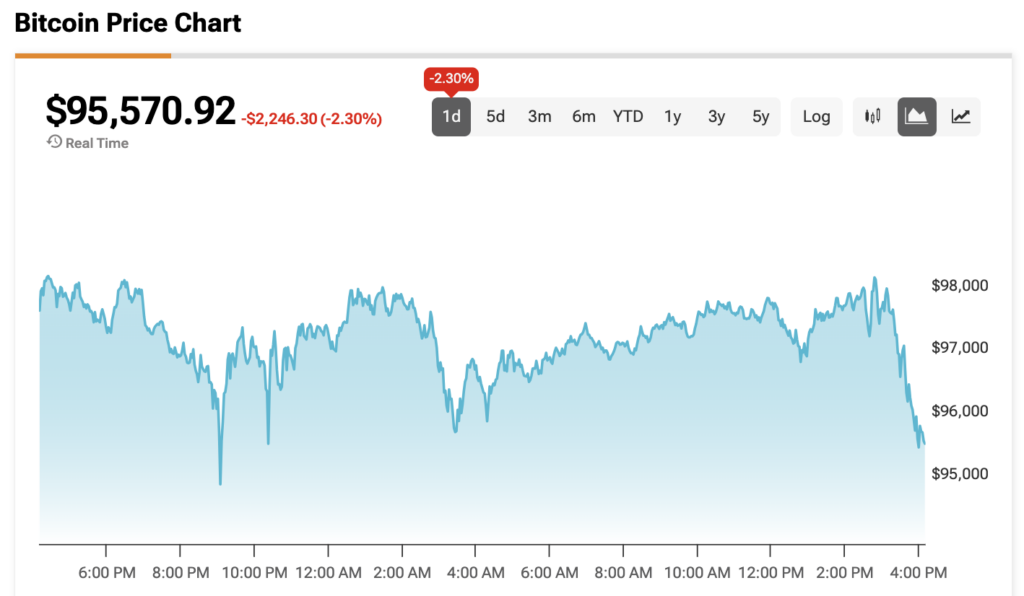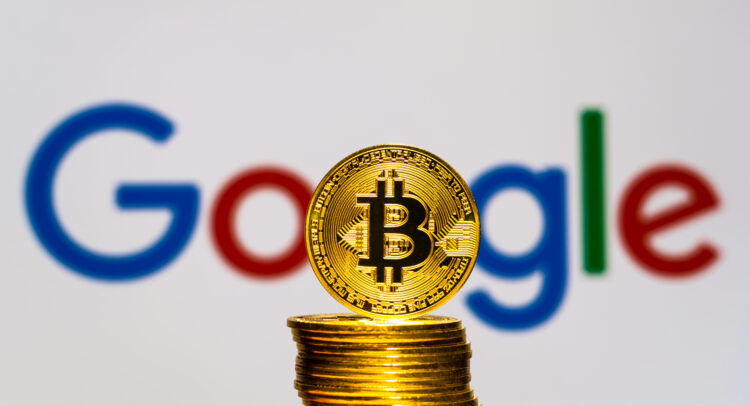Google (GOOGL) has introduced Willow, a quantum computing chip that can solve tasks in under five minutes—problems that would take regular supercomputers billions of years. While this sounds like something straight out of science fiction, it has sparked concerns about whether such technology could crack Bitcoin’s encryption. Here’s the good news: Bitcoin is safe, at least for now.
Confident Investing Starts Here:
- Quickly and easily unpack a company's performance with TipRanks' new KPI Data for smart investment decisions
- Receive undervalued, market resilient stocks straight to you inbox with TipRanks' Smart Value Newsletter
Bitcoin’s Encryption Is Far from Vulnerable
Bitcoin uses complex algorithms like SHA-256 and ECDSA to keep transactions secure. Quantum computers could, in theory, break these codes, but not anytime soon. Researchers at the University of Sussex say breaking Bitcoin encryption in just one day would need over 13 million qubits. By comparison, Google’s Willow has 105 qubits—a tiny fraction of what’s required.
Experts agree it’s not just about the number of qubits. Chris Osborn, founder of Solana (SOL-USD) ecosystem project Dialect, explained that physical qubits alone are “noisy” and prone to errors. Turning them into “logical qubits,” which can handle real computations, is a monumental challenge. Willow is impressive, but it’s nowhere near the millions of logical qubits needed to threaten Bitcoin.
Crypto Prepares for a Quantum Future
Even though Willow isn’t a direct threat, crypto leaders like Ethereum (ETH-USD) co-founder Vitalik Buterin are urging the industry to stay ahead. He’s pushing for quantum-resistant security measures, noting that this shift is crucial for the future of blockchain technologies.
For now, Bitcoin holders can breathe easy, but the race to outpace quantum computing is already underway.
At the time of writing, Bitcoin is sitting at $95,570.92.











